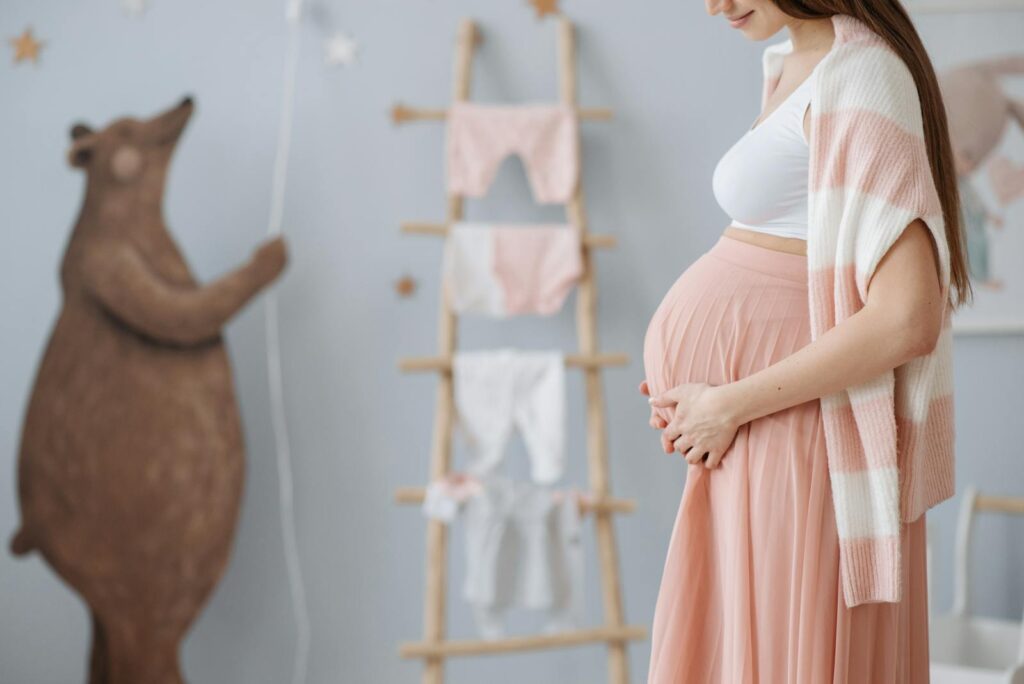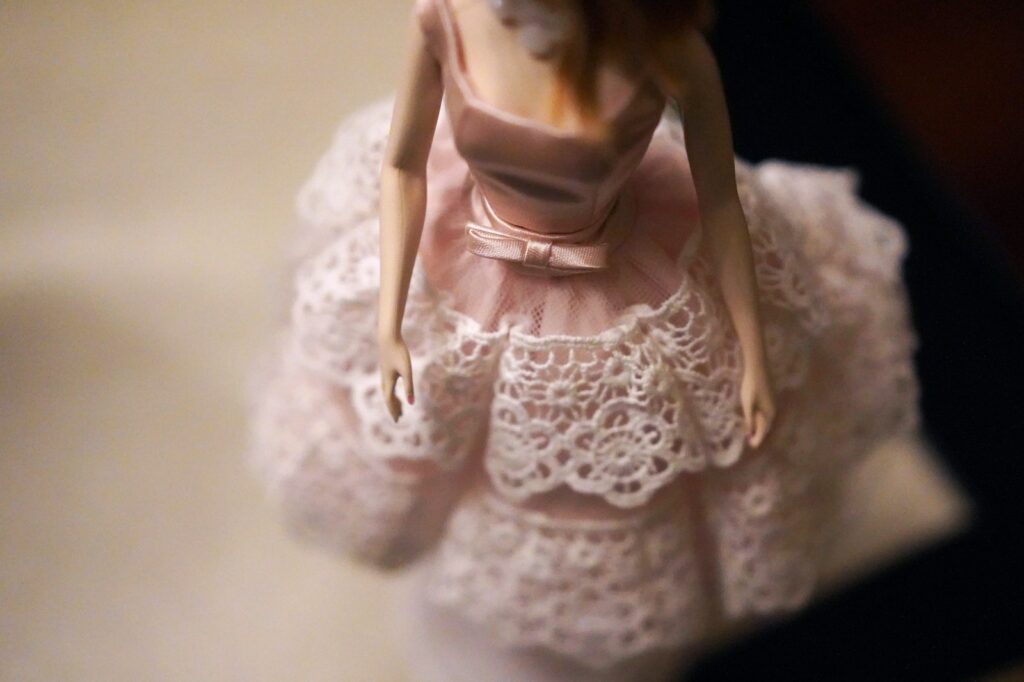Clutter can build up quickly, often without you realizing which items are causing it. When you identify those common possessions that just take up space without adding value, it becomes easier to create a tidier, more organized home.
Understanding which belongings contribute most to clutter helps you make clearer decisions about what to keep and what to let go. This can reduce stress and make your living space feel more comfortable and functional.
Unused glue and paint bottles

You might have glue and paint bottles that have dried up or are barely usable. These take up space but don’t really help with your projects anymore.
Keeping just a few fresh bottles is enough. Toss the old ones to clear out your craft area and make room for supplies you actually use. This way, your creative space stays neat and inviting.
Old fabric scraps and yarn

You might have piles of fabric scraps and leftover yarn that seem too small to use. These bits often end up cluttering your space without serving any purpose.
Instead of holding onto every piece, consider keeping only what you can realistically use for small projects. If you’re not crafting regularly, letting some go will clear up space and reduce clutter.
Broken kitchen gadgets

If you have kitchen gadgets that are broken or no longer work, they only take up space and add to your clutter.
Holding onto these items can make your kitchen feel disorganized and harder to use.
It’s better to let them go and replace them if needed. You’ll find cooking more enjoyable without having to deal with faulty tools.
Stacks of unopened mail

You might not realize how quickly unopened mail piles up. It often sits on counters or desks, adding unnecessary clutter to your space.
Sorting through your mail regularly helps keep these stacks under control. Recycle what you don’t need right away, and create a system for important papers to avoid buildup.
Mismatched cutlery sets

You might think keeping all your spoons and forks, even if they don’t match, is practical. But mismatched cutlery often ends up cluttering your drawers and makes setting the table feel chaotic.
Having a coordinated set helps you find what you need quickly. It also makes mealtime visually calmer and more enjoyable. Consider sorting out extras and keeping only what you regularly use.
Duplicate wire chargers

You likely have more wire chargers than you actually need. Keeping extras for common devices like phones or tablets can add clutter without much benefit.
It’s helpful to keep only chargers for specialized or unique devices. Labeling and storing duplicates neatly can prevent tangles and make it easier to find what you need.
Try unplugging and sorting your chargers regularly. This small step can reduce mess and save you time when you need to charge your devices.
Empty packaging boxes

You might keep empty boxes because they seem useful or you plan to reuse them. However, these boxes often just take up space and add to clutter.
If you want to keep some, choose only those in good condition and limit the number. Otherwise, consider recycling or donating them to free up room in your home.
Small appliances gathering dust

You likely own small appliances that rarely get used. Things like waffle makers, bread machines, or specialty blenders can end up just taking space.
When these appliances sit idle, they clutter your counters or cabinets. Consider whether you really need each one or if it’s okay to let some go.
Organizing the ones you keep is helpful. Use labeled bins so every appliance has its place and doesn’t crowd your kitchen.
Unloved gift items

You’ve likely got gifts that don’t fit your taste or lifestyle. These items often sit unused, taking up valuable space.
Holding on to them out of guilt can make your home feel cluttered. If a gift doesn’t bring you joy or serve a purpose, consider donating or passing it on.
This frees you from keeping things that don’t add value to your life. It also helps others enjoy something you no longer need.
Unfinished or broken hobby tools

You might have hobby tools that are broken or waiting to be fixed. These often take up space and remind you of projects you never finished.
If you don’t plan to repair or use them soon, it’s okay to let them go. Clearing these items can free up room and reduce unnecessary clutter in your space.
Expired food in fridge and pantry

You might be surprised how much expired food takes up space in your fridge and pantry. Tossing out these items can quickly reduce clutter and make room for fresher choices.
Keeping expired food can also cause confusion about what’s safe to eat. Regularly checking dates helps you avoid waste and keeps your kitchen organized.
Try buying smaller amounts to use before items expire. This simple habit helps prevent overcrowding and keeps your food supply manageable.
Excess decorative knick-knacks

You might love collecting small souvenirs or trinkets, but too many can quickly crowd your space. Having lots of little items scattered around often makes a room feel busy and cluttered.
Try choosing a few favorite pieces to display and store the rest. Grouping similar items together also helps keep your space tidy while still showing off your style.
Outdated photo frames

You probably have photo frames that no longer fit your style or hold old pictures you rarely notice. These frames can take up space that you could use better.
Consider choosing a few favorite photos and clearing out the rest. You might also switch to digital photo frames to save room while still enjoying your pictures.
If you want to keep the frames, try repurposing them into new art or décor pieces around your home.














